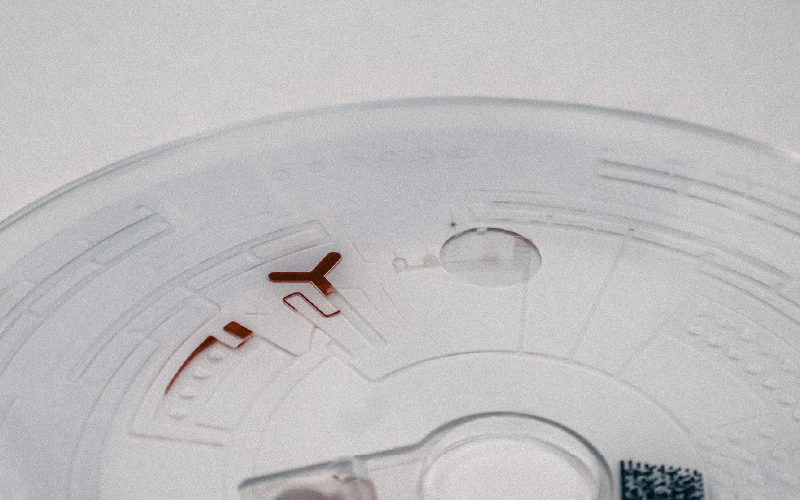Call SICE-MPr/2023/02 - Productive Innovation - Low Density
Individual productive investment operations in innovative activities, promoted by SMEs, in low-density territories.
A new approach to the rapid diagnosis of septicaemia is being developed by the SEPSISmultiSPIN project.

A new approach to the rapid diagnosis of septicaemia is being developed by the SEPSISmultiSPIN project. This operation, co-financed by COMPETE 2030, aims to create a point-of-care test that integrates panels for diagnosis and monitoring.
The Need for Innovation
Septicaemia is a serious infection which, if not treated in time, leads to high mortality rates. So biosurfit, responsible for the project, recognised the global need for rapid, specific and accurate tests. The aim is to control the body’s extreme response to this infection.

Maria João Costa, Chief Research & Clinical Officer at biosurfit, emphasises: “This project represents a unique opportunity to strengthen our competitive position.”
Test development
SEPSISmultiSPIN will have two panels using protein and genetic biomarkers to assess patients with septicaemia. To this end, biosurfit has teamed up with the i3S organisation, which has solid expertise in genomics and nucleic acid analysis. ‘The i3S researchers will be key to defining the procedures for detecting nucleic acids in the disposable test,’ explains the head of biosurfit.
Maria João Costa adds about the importance of this project: ‘COMPETE 2030 is proving to be fundamental for biosurfit to expand its knowledge in the area of diagnostic tests.’ This collaboration will ensure that the technology developed can be adapted to other applications in the future.
Technical Objectives
The project has ambitious objectives with three main goals. Firstly, to develop a fast and accurate method for identifying patients at high risk of septicaemia. Secondly, to create a system for continuous monitoring of patients’ condition. Finally, to integrate a system that uses machine learning algorithms with a sensitivity and specificity of over 90 per cent.
Benefits for Public Health
Maria João Costa also emphasises the importance of innovation: ‘By integrating protein and genetic biomarkers into a single microfluidic device, we accelerate fast and effective detection and monitoring.’ The project thus strengthens biosurfit’s global competitiveness and contributes to protecting public health.
Future potential
biosurfit sees this project as a way of consolidating its presence on the market. ‘Once we’ve demonstrated the technology, we’ll be able to adapt it for other disease diagnoses,’ she concludes. With these innovations, the company aims to strengthen its position in the sector, ensuring an effective response to emergencies and improving healthcare.
04 February 2026
Individual productive investment operations in innovative activities, promoted by SMEs, in low-density territories.